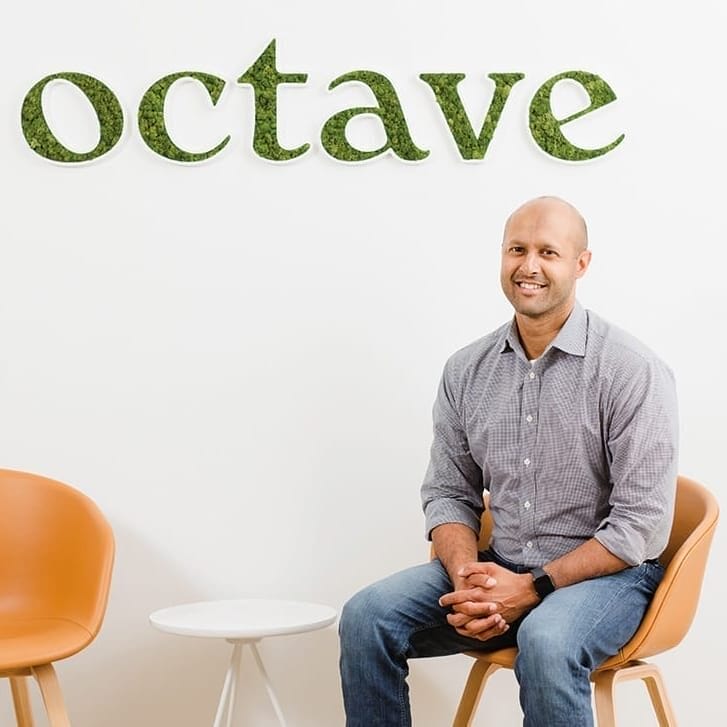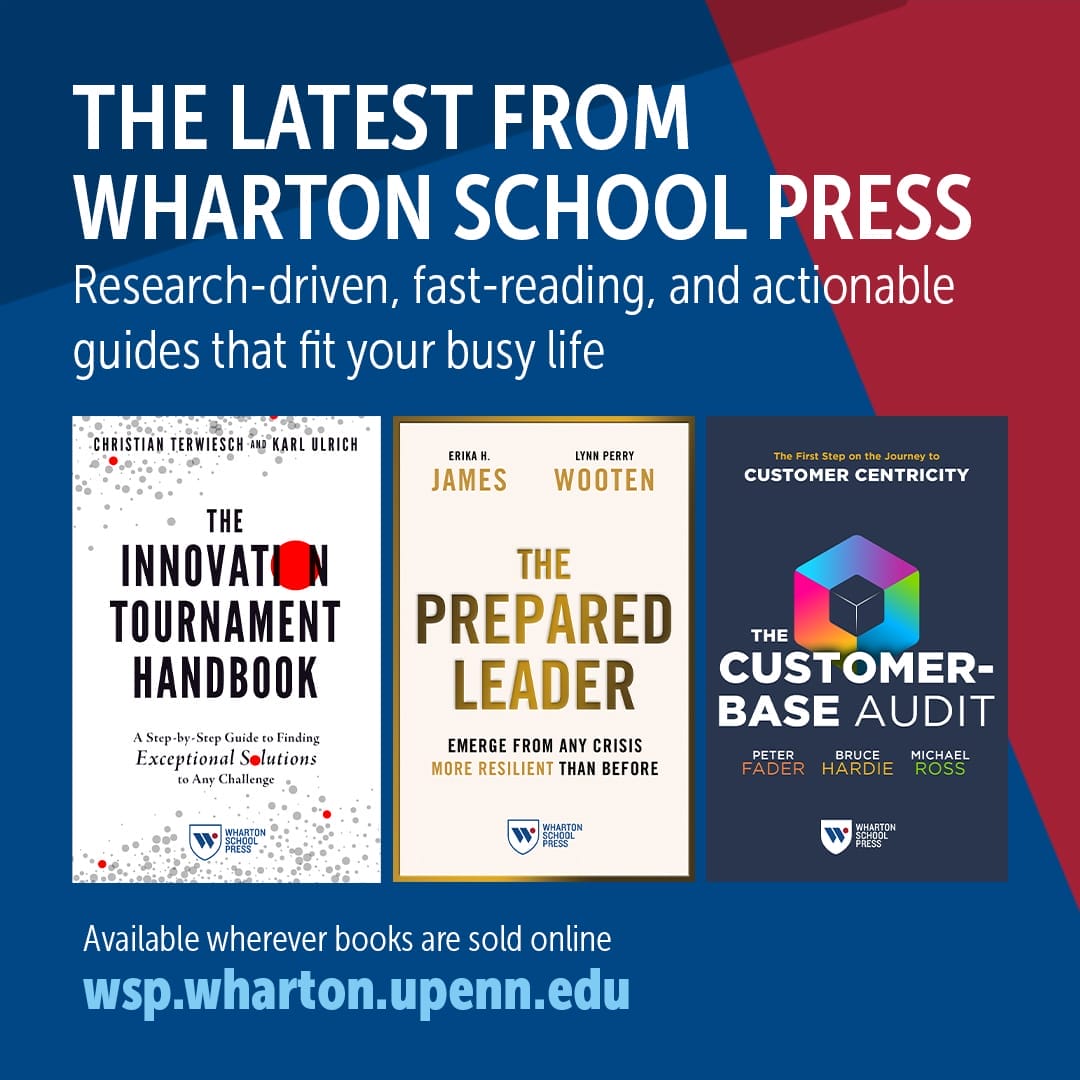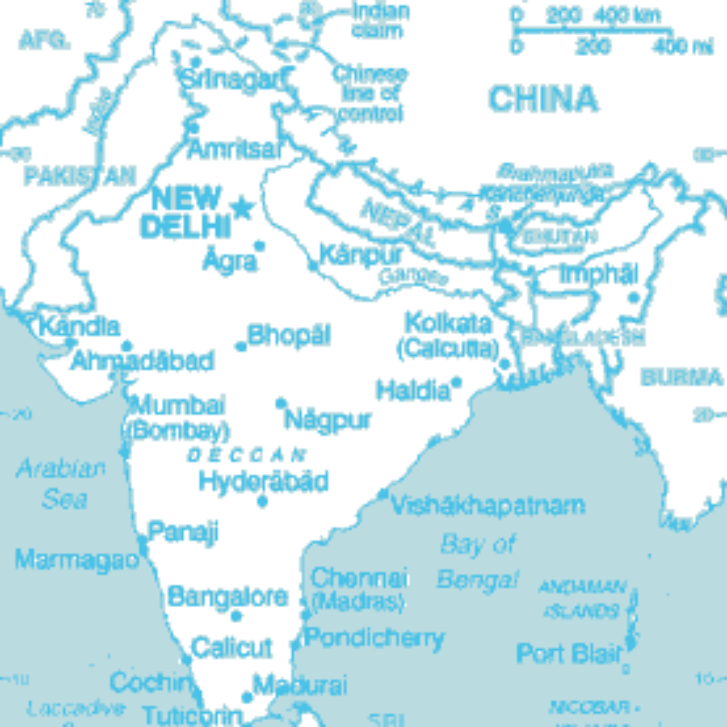The statistics are staggering: In Philadelphia, only 58% of public school students graduate from high school, and of that number, only 10% attend college. There is no single solution that can reverse this troubling trend, but there are small ways to chip away at the problem. One small measure is to expose potentially at-risk teens to professionals who represent different socio-cultural backgrounds.
 At Wharton, we’re proud of an executive education program we’ve developed in conjunction with the World Economic Forum and Summer Search Philadelphia, a non-profit educational organization. The objective is to introduce public high school students to an international group of young professionals.
At Wharton, we’re proud of an executive education program we’ve developed in conjunction with the World Economic Forum and Summer Search Philadelphia, a non-profit educational organization. The objective is to introduce public high school students to an international group of young professionals.
Last week, a group of Philadelphia public high school students met with young business leaders attending Wharton Executive Education as part of the Global Leadership Program of the World Economic Forum. The Global Leadership Fellows, as they’re called, met with the Philadelphia teens to discuss international careers, public health, and higher education.
This type of collaboration is particularly inspirational for educators because it presents a special opportunity for service-based learning. We’re always looking for these types of teaching moments to bring together research and practice.
The Global Leadership Program is an academic and professional fellowship created by the World Economic Forum. The program is dedicated to developing the next generation of world leaders: well-rounded professionals who feel equally at home in the public and private sectors. The Fellows, who come from more than 25 countries, are part of a unique, three-year program in which they learn from, and work with, diverse world leaders and topical experts to create common solutions to many of the world’s most pressing issues. In addition, the Fellows receive training in topics like ethics, social entrepreneurship, and corporate global citizenship.
The Fellows are a remarkably talented group of young professionals. The students from Philadelphia are similarly impressive: representing underserved, low-income communities, 99.6% of Summer Search Philadelphia students graduate from high school and enter college. They use Summer Search experiential education programs to develop leadership skills that help them beat the odds.
“We find kids who are searching for a way to change their fate,” said Amanda Jefferson, executive director of Summer Search Philadelphia. “And then we surround those students with access to life-changing opportunities and the kind of support network that is typically reserved for their more affluent peers.” Many students have spent the summer so far on wilderness expeditions with Philadelphia Outward Bound. Others may have climbed mountains in Washington, studied calculus in Maine, or built schools in Africa.
 Fellow Jennie Oldham, who serves as community manager for civil society organizations at the World Economic Forum, led a workshop focused on issues of sustainability and the intersection of economic, social and environmental issues. “These factors are increasingly important in global decision-making,” she explained. “These kids are going to become the next generation of leaders, and these are the kinds of challenges they’ll have to deal with.”
Fellow Jennie Oldham, who serves as community manager for civil society organizations at the World Economic Forum, led a workshop focused on issues of sustainability and the intersection of economic, social and environmental issues. “These factors are increasingly important in global decision-making,” she explained. “These kids are going to become the next generation of leaders, and these are the kinds of challenges they’ll have to deal with.”
The collaboration between the Global Leadership Fellows and the Summer Search students works because it brings issues to life in a way that classroom study alone cannot. The Fellows may learn about the crises facing America’s urban public education system in the classroom—but when they talk with kids who are in Philadelphia’s public schools, they can gain a more nuanced, practical understanding of what’s happening in other schools across America. Likewise, the students learn about leadership in the classroom—but meeting someone who has worked on brokering peace treaties makes the issue tangible, not simply abstract.
Bringing world issues to life in programs like this is part of Wharton’s commitment to business as a force for good in the global community. The Fellows are sure to remember their mentoring experience in Philadelphia when they return to their various posts in Geneva, New York and Beijing, where they will continue their mission of improving the state of the world by engaging business, political and academic leaders to shape global, regional and industry agendas.
Indeed, it’s entirely possible that when world leaders gather in Davos for the annual World Economic Forum meeting next January, their agenda may be influenced by the perspectives of Philadelphia’s public school students. Anything is possible.
























